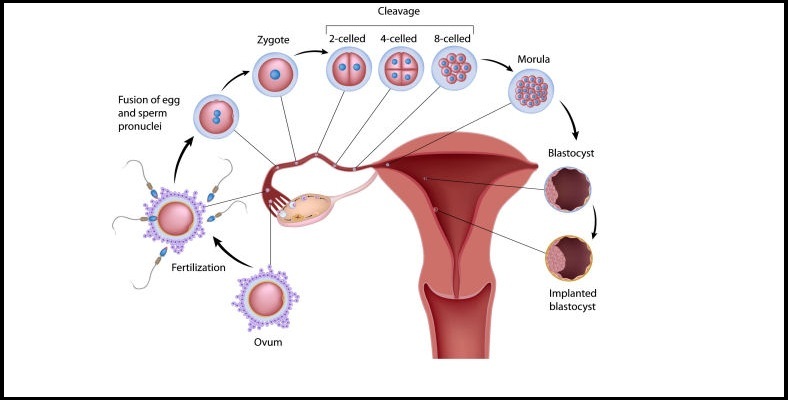
Evaluation Diagnosis
- Description
These steps are intended for use in a nonemergency situation. If the situation is a medical or psychiatric emergency and the person is at risk of suicide or is medically unstable.
Early detection, initial evaluation, and effective treatment are important steps that can help an eating disorder sufferer move into recovery more quickly, preventing the disorder from progressing to a more severe or chronic state. The following assessments are recommended as the first steps to diagnosis and will help determine the level of care needed. Receiving appropriate treatment is the first step towards recovery.Patient Assessment :
In order to diagnose an eating disorder and determine the best course of action, a clinician will need to ask the patient and (if applicable) their loved ones the following types of questions:
- Patient history, including screening questions about eating patterns
- Determination of medical, nutritional, psychological and social functioning (if possible, an eating disorder expert should assess the mental health of your child)
- Attitudes towards eating, exercise, and appearance
- Family history of eating disorder or other psychiatric disorder, including alcohol and substance use disorders
- Family history of obesity
- Assessment of other mental health conditions, such as depression and anxiety
